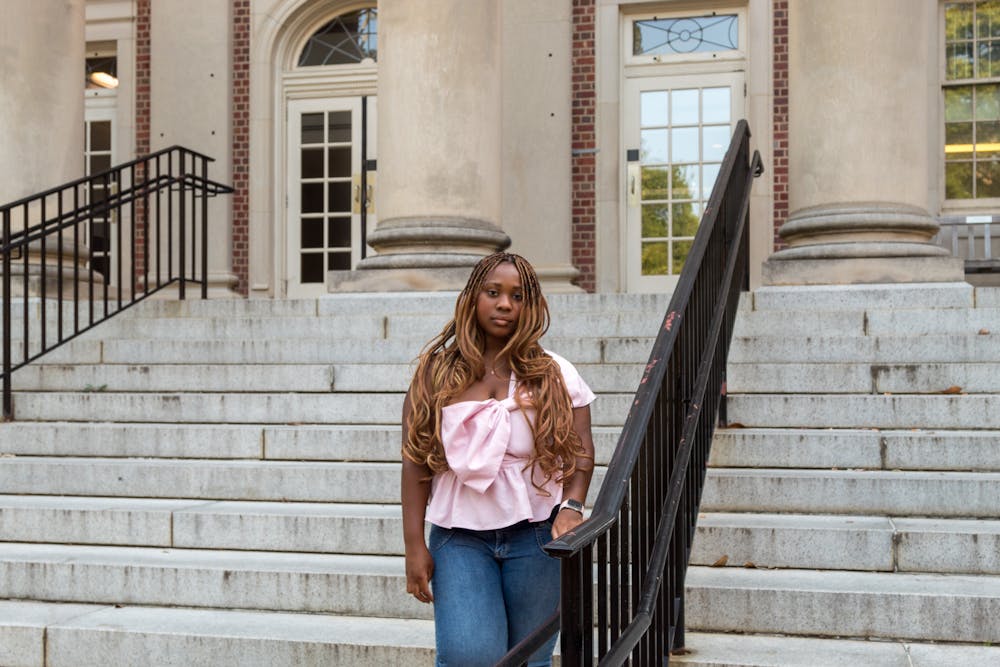For my whole life, I have felt the need to work harder than most of my white peers if I wanted to be given the same opportunities. I strained myself trying to be perfect so I could be considered by what I deemed to be the right universities.
Regardless of how extensive my resume was when applying to schools, people still said I would not have to worry about rigorous admissions processes because my skin color would do all the work for me. Years of hard work that I thought would speak for itself would be diminished to my race. This wasn't uncommon – much of other people's perception of me always seemed to come back to my skin color.
Despite those comments, I never really believed I could slack off and still achieve my goals. So, in high school, I became an overachiever. At a school like UNC, this isn't shocking. Everyone who has gotten here is an exceptional student and everyone has earned their spot.
So, I hate that ever since June 29, when the U.S. Supreme Court ruled that affirmative action was an unlawful practice, I feel out of place.
It could be because I had people from my high school — who I hadn't talked to in over a year — DM me on Instagram, asking me if I think I would have still gotten into UNC if I had applied after the court’s decision.
It might be because of the sheer humility I feel at going to one of the two schools instrumental in the process.
Everything I did to get to where I was suddenly felt inadequate. As hard as I tried, I could not shake the feeling that I only got into the schools I did to fit a quota. I was left walking around this campus with the academic insecurity I felt all my life, and a case of imposter syndrome that I can only assume comes with being a Black American.
The Supreme Court's decision will undoubtedly set back progress that began to make up for the years of exclusive and discriminatory practices against minorities. I am lucky enough to be enrolled in college, but I know that this policy affects minorities in more than one way.
Those who were not accepted into this school, or Harvard or any school in this country have long blamed minorities for “getting accepted over them,” and now they may look at this recent ruling and feel they are validated.



